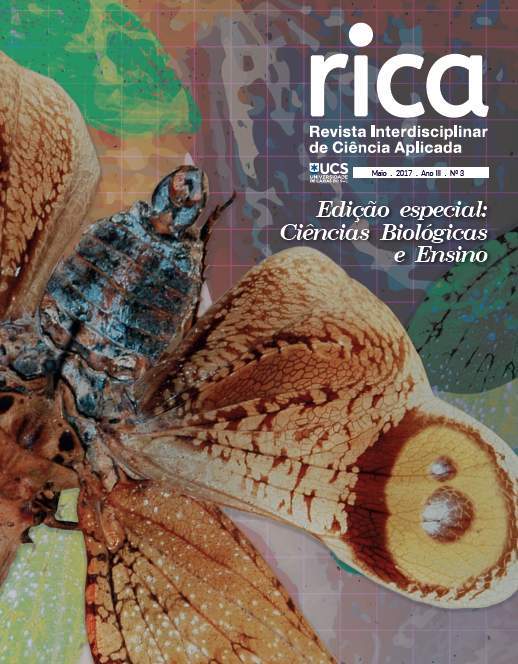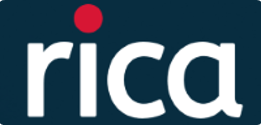The use of the Problem-Based Learning method to understand and develop habits of conscious consumption of electricity in Elementary School
Keywords:
PBL, electricity, Interdisciplinarity, environmental educationAbstract
This paper describes and analyzes a teaching experience, using the PBL method in a municipal school of Basic Education in Vacaria (RS). The PBL was implemented with a ninth grade class, which was challenged to solve the problem of excess electricity spending by the school. Participating in the implementation of this PBL were professors from the areas of natural sciences and humanities (Geography and History), mathematics and languages. Students have become protagonists of the construction of knowledge itself and have developed various skills and competences to seek information, organize data and present it to colleagues. Linked to this project was elaborated a pedagogical event about production and conscious consumption of electric energy. The problem chosen also made it possible to work on environmental education in a transversal way; in addition, there were changes of attitudes that allowed a lower energy consumption in 2015 compared to the previous year, starting in August when students began to give lectures to others students, staff and visitors to the pedagogical event. The results showed the efficiency of PBL.
References
NOVAK, J. D. Aprender a aprender. 1ª ed. Lisboa, Plátano, 1984.
MOREIRA, M. A. A teoria da aprendizagem significativa. Subsídios Teóricos para o Professor Pesquisador em Ensino de Ciências. Instituto de Física, UFRGS 1ª edição, Porto Alegre: 2009a.
AUSUBEL, D. P. Aquisição e retenção de conhecimentos: uma perspectiva cognitiva. Lisboa: Plátano, v. 1, 2003.
DELIZOICOV, D.; ANGOTTI, J. A. Metodologia do Ensino de Ciências. São Paulo: Cortez, 1990.
MOREIRA, M. A. Pesquisa em Ensino: Métodos Qualitativos e Quantitativos.1ª edição. Porto Alegre, Brasil 2009b.
BRASIL. Diretrizes Curriculares Nacionais Gerais da Educação Básica / Ministério da Educação. Secretaria de Educação Básica. Diretoria de Currículos e Educação Integral. Brasília: MEC, SEB, DICEI, 2013. Disponível em :<http://portal.mec.gov.br/>
COMPIANI, M. Geologia/Geociências no Ensino Fundamental e a Formação de Professores. Geol. USP Publ. Espec., São Paulo, v. 3, p. 13-30, setembro 2005.
SANTOS, E. C. Panorama da Educação Ambiental no Ensino Fundamental. A PROPACC como método de formação de recursos humanos em Educação Ambiental.Secretaria de Educação Fundamental – Brasília: MEC; SEF, 2001.Disponível em: http://portal.mec.gov.br/secad/arquivos/pdf/coea/panorama.pdf#page=17
FREIRE, P. Pedagogia da Autonomia. Saberes Necessários à Prática Educativa. Coleção Leitura. 35ª ed. São Paulo: Paz e Terra, 2007.
ROSSATO, J. Representações de Estudantes sobre questões ambientais 2007. 65 f. Monografia (Especialização em Educação Ambiental), Universidade Federal de Santa Maria, Santa Maria.
Downloads
Published
How to Cite
Issue
Section
License
Copyright (c) 2021 Interdisciplinary Journal of Applied Science

This work is licensed under a Creative Commons Attribution-NonCommercial-NoDerivatives 4.0 International License.
Authors keep the copyright and cede to the journal the right of publishing first. Published works are licensed under a Creative Commons Attribution 4.0 International (CC BY 4.0) license, allowing the sharing of the work with recognition of the authorship and initial publication in this journal.






